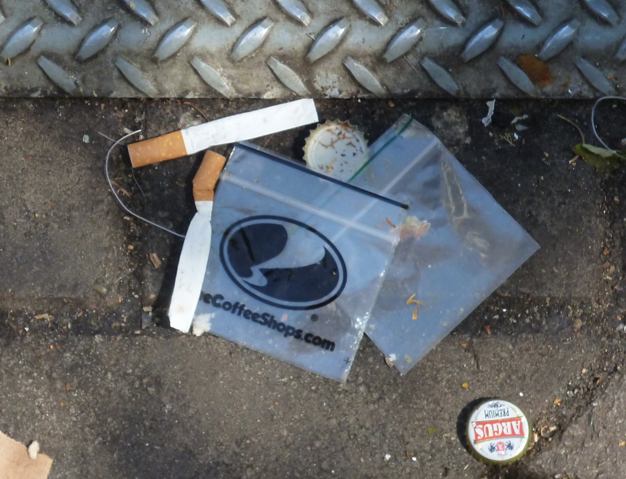Dutch hashish only in 10 towns as legal marijuana trial moves on

The next stage in the Dutch experiment with regulated marijuana protection starts on Monday, with “coffeeshops” in 10 different local authorities now only allowed to sell legally produced hashish.
The 80 outlets have only been selling legal marijuana since April, but now their hashish sales are also restricted to the legal circuit.
But according to the NRC, the shop owners and researchers worry that domestic hashish will not replace popular Moroccan products on the menu, and that means that criminals may still have a role in the supply chain.
Arnhem, Almere, Breda, Groningen, Heerlen, Maastricht, Nijmegen, Tilburg, Voorne aan Zee and Zaanstad are taking part in the experiment, which is set to run until 2029. The other 385 coffeeshops in the Netherlands, most of which are in Amsterdam, continue to sell illegal products.
The experiment, first mooted in 2018, aims to phase out the Dutch policy of gedogen, or turning a blind eye, a strategy that has decriminalised the possession of small amounts of cannabis and licensed sales outlets, but still prohibits bulk production and sales.
This “front door, back door” system was introduced in the 1970s to draw a distinction between so-called “soft” and “hard” drugs, at a time when Amsterdam was gaining a global reputation as a haven for drug users.
According to coffeeshop owners spoken to by the NRC, licenced growers are providing enough variety in weed and hashish and users are happy with the quality.
However, Rick Brand, who runs coffeeshop De Baron in Breda, told the paper he is disappointed that Moroccan hash will disappear from the menu. “It is the best hash,” said Brand, who has been smoking for almost 50 years.
“We can never copy Moroccan hash, but we can provide an alternative,” said Rick Bakker, from licenced growner Hollandse Hoogtes. His company currently devotes 15% of production to hash and is preparing to scale up now that illegal supplies are disappearing from menus in the 10 cities.
Street sales
Moroccan hash is “irreplaceable”, Margriet van der Wal from the Breda coffeeshop owners association told the paper. And Van Nieuwkasteele, owner of coffeeshop Smokery in Zaanstad told the paper he thinks “the conclusion of the experiment will be that we cannot replace Moroccan hash with only domestic products”.
Researcher Pien Metaal from the Transnational Institute, said she expects “part of the experiment to fail” without the import of Moroccan hash. “There is a very real chance that the sale of Moroccan hash will shift to the streets,” she told the paper.
Meanwhile, Morocco itself is experimenting with regulated marijuana production for the pharmaceutical and cosmetics sectors, and that could, researchers say, eventually lead to formal imports, once all the legal and political objections are overcome.
Thank you for donating to DutchNews.nl.
We could not provide the Dutch News service, and keep it free of charge, without the generous support of our readers. Your donations allow us to report on issues you tell us matter, and provide you with a summary of the most important Dutch news each day.
Make a donation